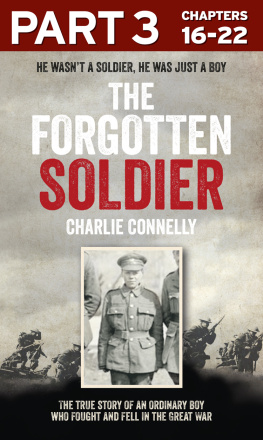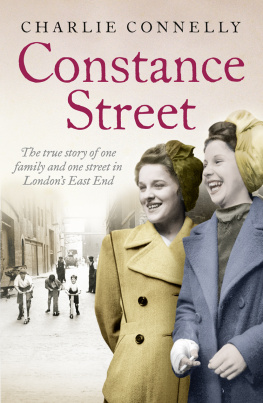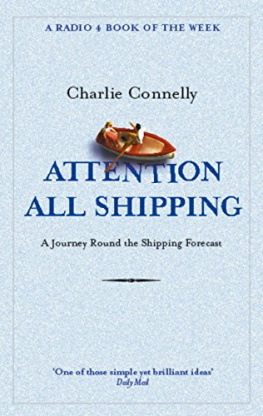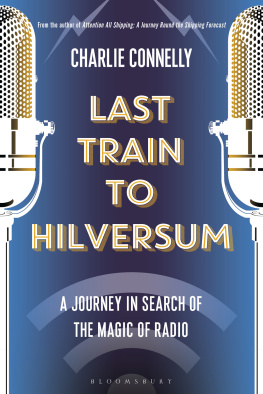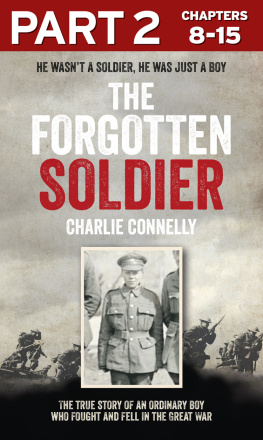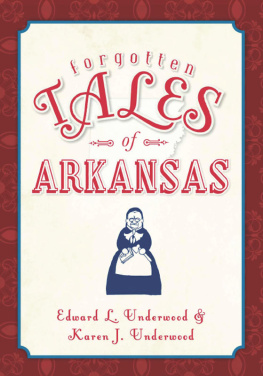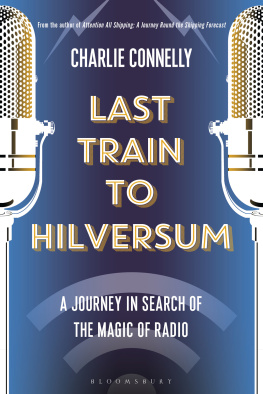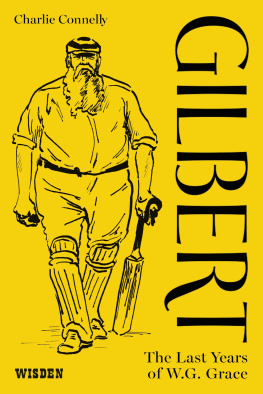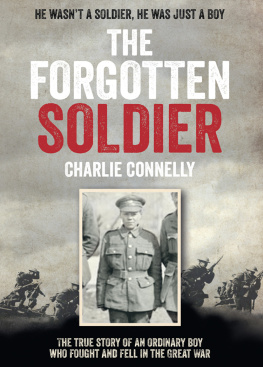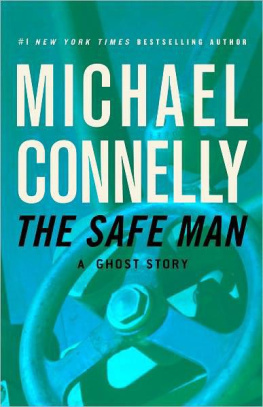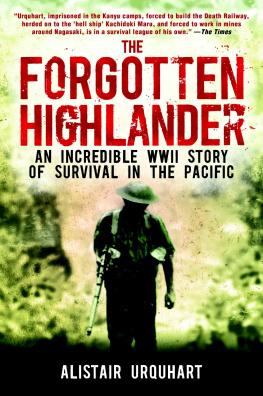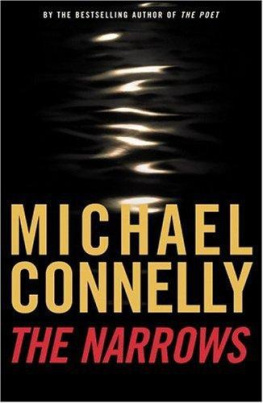All rights reserved under International and Pan-American Copyright Conventions. By payment of the required fees, you have been granted the nonexclusive, non-transferable right to access and read the text of this e-book on screen. No part of this text may be reproduced, transmitted, downloaded, decompiled, reverse engineered, or stored in or introduced into any information storage retrieval system, in any form or by any means, whether electronic or mechanical, now known or hereinafter invented, without the express written permission of HarperCollins e-books.
16
I took the old Ypres road from Poperinge, the road the soldiers would have taken to the front, and before long came across evidence that I really was approaching a different kind of landscape: my first military cemetery. Red Farm Military Cemetery is very small, containing fewer than fifty graves, and set back a short distance from the road in a farmers field. I opened the gate in the low wall and entered, not really sure what to do once I had done so. I passed slowly among the neatly spaced white gravestones, reading each name although around a quarter bore no name, just the simple inscription known unto God and noticed that all of these men had died in either April or May 1918, twenty of them on the same day, 27 April. Also bearing that date was a single stone commemorating three unnamed Belgian civilians. There was something very faintly familiar about all this, and after a short while standing among the graves I put the Red Farm Military Cemetery and an incident recalled by Fred Dixon together. By sheer coincidence, not only did he have the answer to why so many men and the three civilians bore the same date on their headstones, but hed actually been there.
On 27 April, around lunchtime, we were in huts between Poperinge and Ypres on the main road, he recalled. Near us was a side road leading to Dirty Bucket Camp (I think it had been taken over by the British from the French so may have been a comment on what they thought of it). On the corner of this road was a stout, well-built farmhouse and a little further up was a shack in which two girls cooked and served up plates of eggs and chips. On the other corner, facing the main road, was a casualty clearing station at the back of which was this tremendous ammunition dump. Further up the side road was a row of houses occupied by civilians.
We were sitting on our packs in the hut eating our midday meal and suddenly the whole lot collapsed in on top of us. All these huts had been sandbagged up to three feet, and two or three rows of sandbags were on the roofs because the German airmen would occasionally fly over and machine gun the transport lines between Poperinge and Ypres. The whole lot fell on top of us, the doorway was blocked and we all had to scramble out of the top where we found the air full of iron shards and bullets, so we slid into a nearby ditch until things calmed down a bit.
Something had caused the large ammunition dump to explode, blowing an enormous crater where it had once stood, causing chaos and carnage in the vicinity: At this time we were under orders to go up the line so we had to keep together there was no question of going to help because we had no option but to keep together. Eventually we crawled away and waited until we were able to come back for our equipment. We saw that the farmhouse had taken the main shock of the blast, but the shack with the two girls in it had completely disappeared. The CCS had been demolished, as had several of the civilian houses. The crater was the size of a lake. I remember looking across and seeing, halfway down the crater on the other side, a babys pram.
I dont know what caused that explosion. I dont think it was a shell because we would have heard the shriek. We didnt hear a thing, other than the possible noise of an aeroplane engine. But we were busy eating our grub and used to hearing planes, so maybe a German plane had come over and the pilot had dropped a bomb on the dump. Whatever the cause, the result was tremendous.
I came to a small clutch of graves, three rows of them, and a stone cross surrounded by a low brick wall in a field next to a road, many of which commemorated an extraordinary disaster that had killed nearly half of them on the same day. It was the first overcast day since Id arrived in Flanders and the fields looked drab and lifeless as I stood in this small island of commemoration where the mud of everyday twenty-first century existence laps against the sanctuary of the past. A tiny plot frozen in time in which the echo of that dreadful explosion still resonates.
The oldest man in the cemetery is Alfred Rowswell, of the Royal Garrison Artillery, at forty-six. He was a docker, originally from Gravesend, whod crossed the Thames Estuary to Tilbury after marrying Margaret in 1906. He had two young daughters, Minnie and Kitty, and had been at war since 1914, when he was forty-two. Hed nearly made it through the whole thing. Hed had his moments: a year before his death hed received fourteen days field punishment for drunkenness and refusing to comply with an order, but then this man must have seen everything there was to see good, bad and utterly revolting on the Western Front. I imagined him as a large, powerful man, face craggy after years in the docks, years of bitter battle experience and middle age. He was approaching fifty and was at war alongside lads young enough to be his own sons, lads the same age as his daughters, lads like eighteen-year-old Robert Henry Thomas of the 11th Battalion, Queens (Royal West Surrey) Regiment.
Robert, like Edward, who was only a few weeks older, would most likely have arrived in Flanders earlier that month. He was from Poplar in the East End of London, where his father, Frederick, was a commercial agent. He was the middle son, with an elder brother, Frederick, and a younger brother, Ronald. He might even have known Edward: certainly Edward would have been in the vicinity of the disaster and could even have seen the carnage, have rushed to help, ears ringing from the explosion, have recognised the faces of the dead and dying, like Roberts whom he might even have trained with in England and come over with on the boat heard the screams, seen the dismembered bodies among the mud and rubble, felt the helplessness and smelled the cordite, the sizzling human flesh and death.
Red Farm is a tiny cemetery, one of the smallest in the Commonwealth War Graves roster. The headstones are the customary identical white Portland stone with a curved top, regimental insignia, date of death, serial number, chiselled cross and name names that are a gateway to a life and a story like those of Alfred Rowswell and Robert Thomas. Seventeen of these stones bore no name and were the key to no story beyond a soldier of the Great War: there are around 212,000 of these nameless stones among the Commonwealth war graves.
As I walked on towards Ypres I realised something else. Until now Edward had been an abstract figure, but here, for the first time, just out of Poperinge, walking the same road hed walked, a real human being shimmered out of history to appear beside me.

